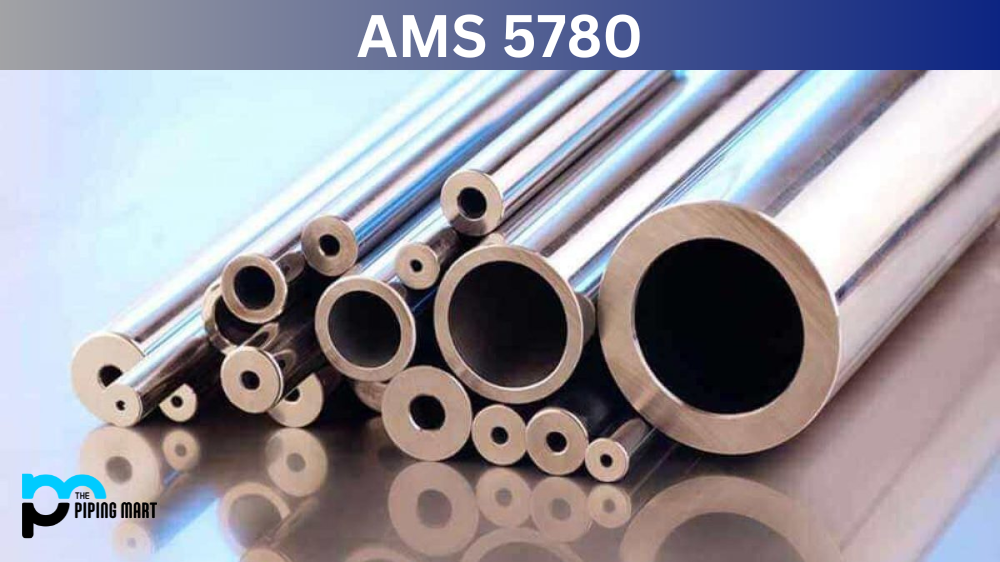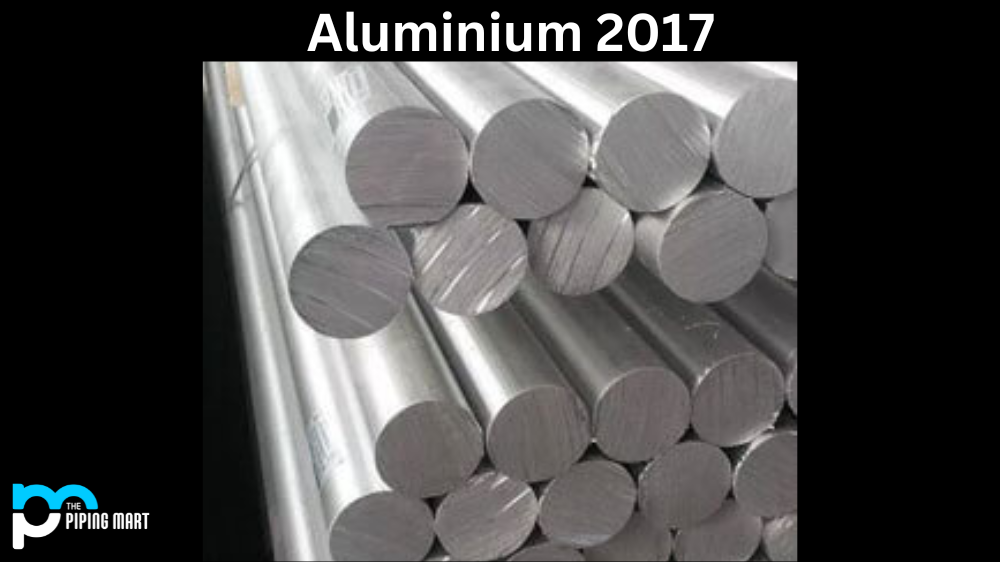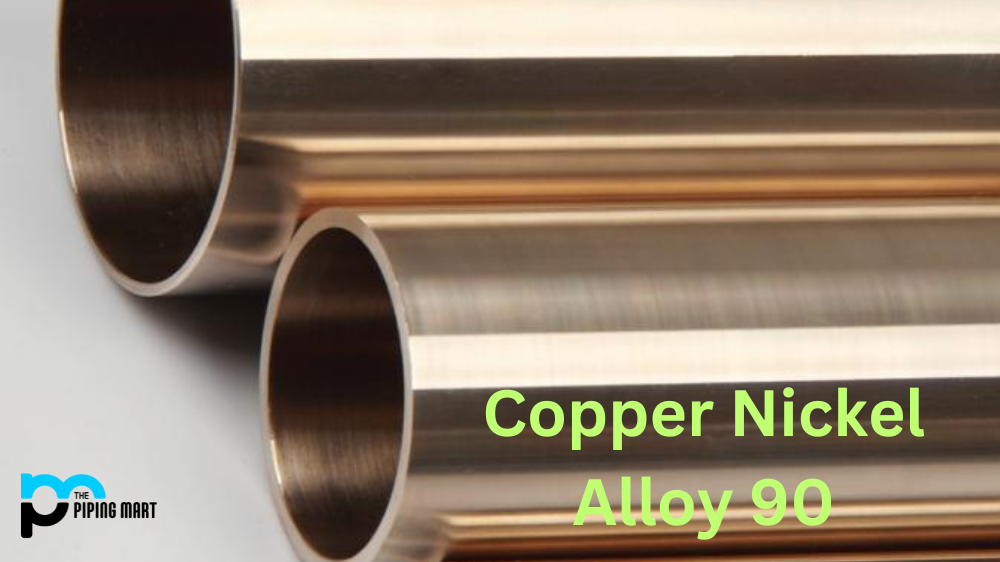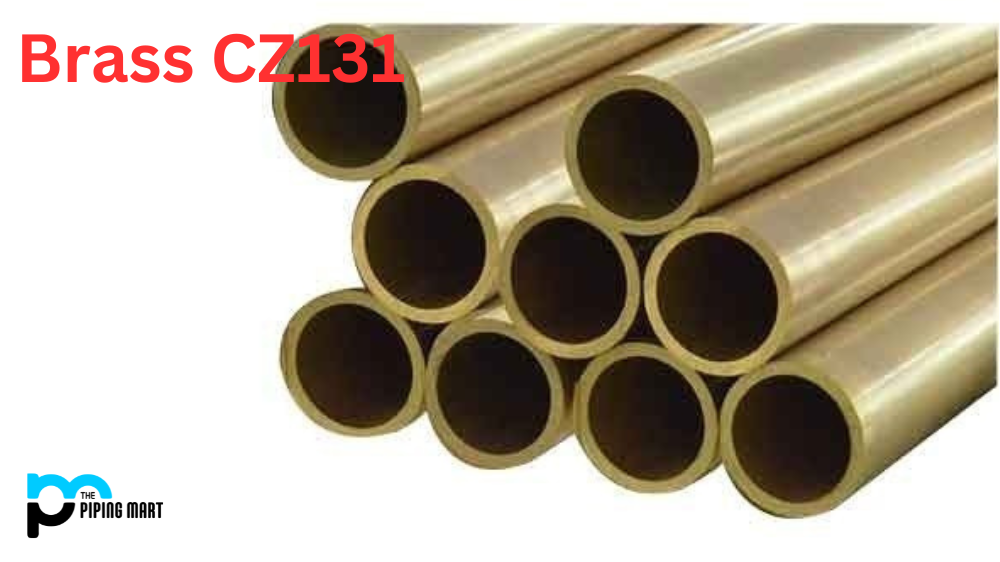If you’re working in a field that requires durable and robust materials, then you may have heard of AMS 5780. It’s a popular material that’s often used in aerospace and defence industries and for high-temperature applications. In this blog post, we’ll delve into the composition, physical and mechanical properties of AMS 5780, hardness and heat treatment. We’ll also explore the various applications of this material and why it’s such an important part of many industries.
What is AMS 5780?
AMS 5780 (also known as 355 Stainless Steel) is a specific type of alloy commonly used in the aerospace and defence industries. It is a combination of nickel, chromium, and iron, making it exceptionally durable and corrosion-resistant. Due to its high-performance capabilities, it is used in various applications, from aeroplane engines to advanced weaponry. What sets AMS5780 apart from other alloys is its unique combination of strength and flexibility, which allows it to withstand extreme temperatures and pressure while maintaining its shape and structural integrity. If you work in the aerospace or defence industry, you have heard of this remarkable material and its impressive properties.
AMS 5780 Composition
AMS 5780 is a nickel-based alloy that contains elements such as chromium, iron, and molybdenum. It also includes small amounts of titanium, aluminium, and carbon. This combination of elements makes AMS 5780 an incredibly strong material with excellent resistance to corrosion and oxidation. The alloy is also known for its high-temperature performance and ability to withstand extreme environments.
| Chemical Composition Limits | ||||||||||
| Weight% | C | P | Si | Ni | N | Mn | S | Cr | Mo | Fe |
| AM 355 | 0.10 – 0.15 | 0.040 max | 0.50 max | 4 -5 | 0.07 – 0.13 | 0.50-1.25 | 0.030 max | 15-16 | 2.5-3.25 | Bal |
AMS 5780 Physical Properties
AMS 5780 has a density of around 8.4 g/cm³ and a melting point of approximately 1330°C. In terms of its electrical conductivity, it has a resistivity of 1.20 µΩ·m. The material’s coefficient of thermal expansion is around 13.9 µm/m·K, making it a good choice for applications that require stability at high temperatures.
| Properties | Metric | Imperial |
|---|---|---|
| Density | 7.7 – 8.03 g/cm3 | 0.278 – 0.290 lb/in³ |
AMS 5780 Mechanical Properties
Regarding mechanical properties, the AMS 5780 is renowned for its strength and durability. It has a tensile strength of around 110 ksi, which means it can withstand much force and pressure. It’s also resistant to fatigue and can be used for many cycles without breaking. The material’s elongation at break is around 30%, which means it’s not brittle and can be formed into various shapes.
| Properties | Metric | Imperial |
|---|---|---|
| Elastic Modulus | 190 – 210 GPa | 27557 – 30458 ksi |
| Poisson’s Ratio | 0.27 – 0.30 | 0.27 – 0.30 |
AMS 5780 Equivalent
- AISI 634
- AMS 5743
- AMS 5549
- AMS 5743
- AMS 5744
- Stainless Steel 355
- UNS S35500
- ASTM A564
- ASTM A579
- ASTM A693
- ASTM A705
- MIL S-8840
- UNS S35500
AMS 5780 Uses
AMS 5780 is used in various industries, including aerospace, defence, and power generation. Its strength and durability make it ideal for parts subject to enormous stress, such as turbine components, engine valves, and exhaust systems. The material’s excellent resistance to corrosion and oxidation also makes it a popular choice for chemical processing and oil and gas industries.
AMS 5780 Hardness and Heat Treatment
The hardness of AMS 5780 can vary depending on how it’s manufactured and processed. The material can be heat-treated to increase its strength and hardness, which makes it more suitable for demanding applications. The heat treatment process varies depending on the specific part or component but typically includes annealing and quenching. The resulting hardness can range from around 300 to 400 HBW.
Conclusion:
AMS 5780 material is a versatile and durable material used in many industries. Its composition and physical and mechanical properties make it ideal for parts and components subject to high stress, pressure, and temperature levels. The material’s excellent resistance to corrosion and oxidation also makes it a popular choice for chemical processing and oil and gas industries. With its impressive hardness and ability to withstand extreme conditions, it’s no surprise that the AMS 5780 is essential in many applications.

Abhishek is a seasoned blogger and industry expert, sharing his insights and knowledge on various topics. With his research, Abhishek offers valuable insights and tips for professionals and enthusiasts. Follow him for expert advice on the latest trends and developments in the metal industry.




